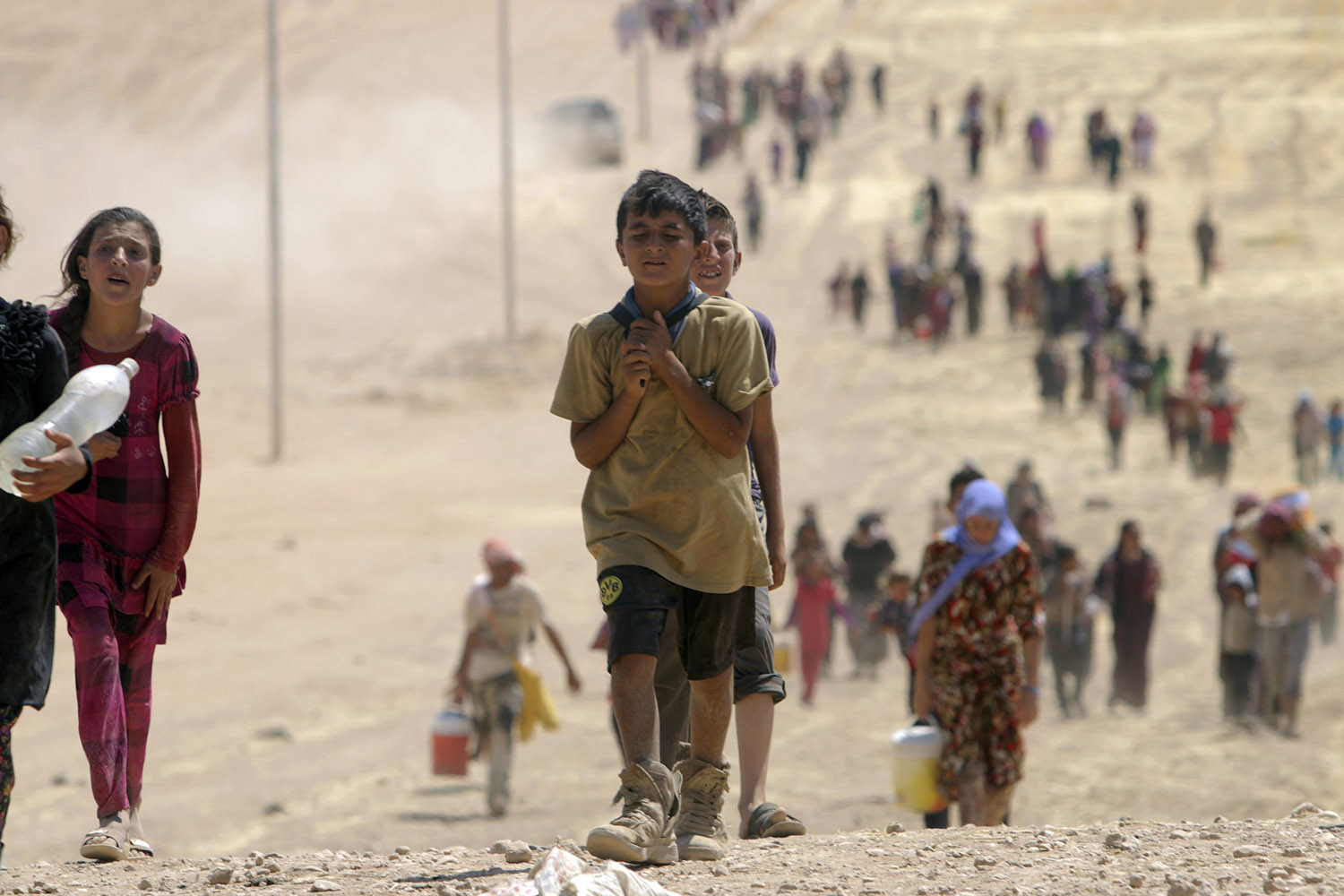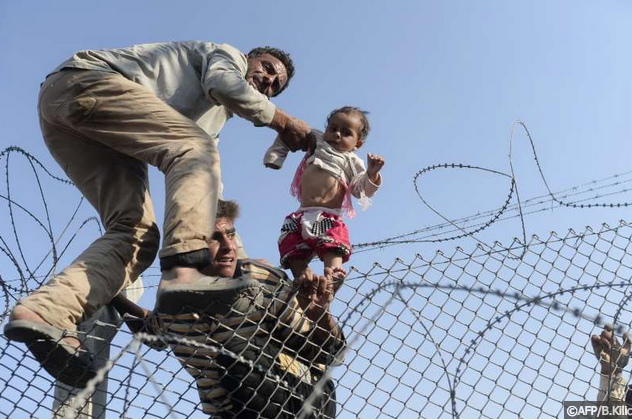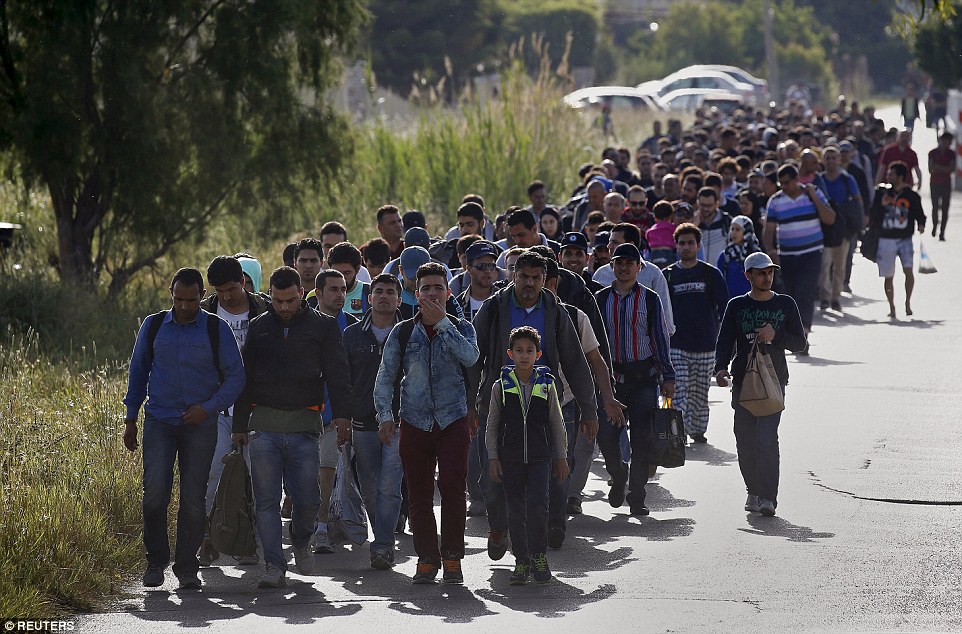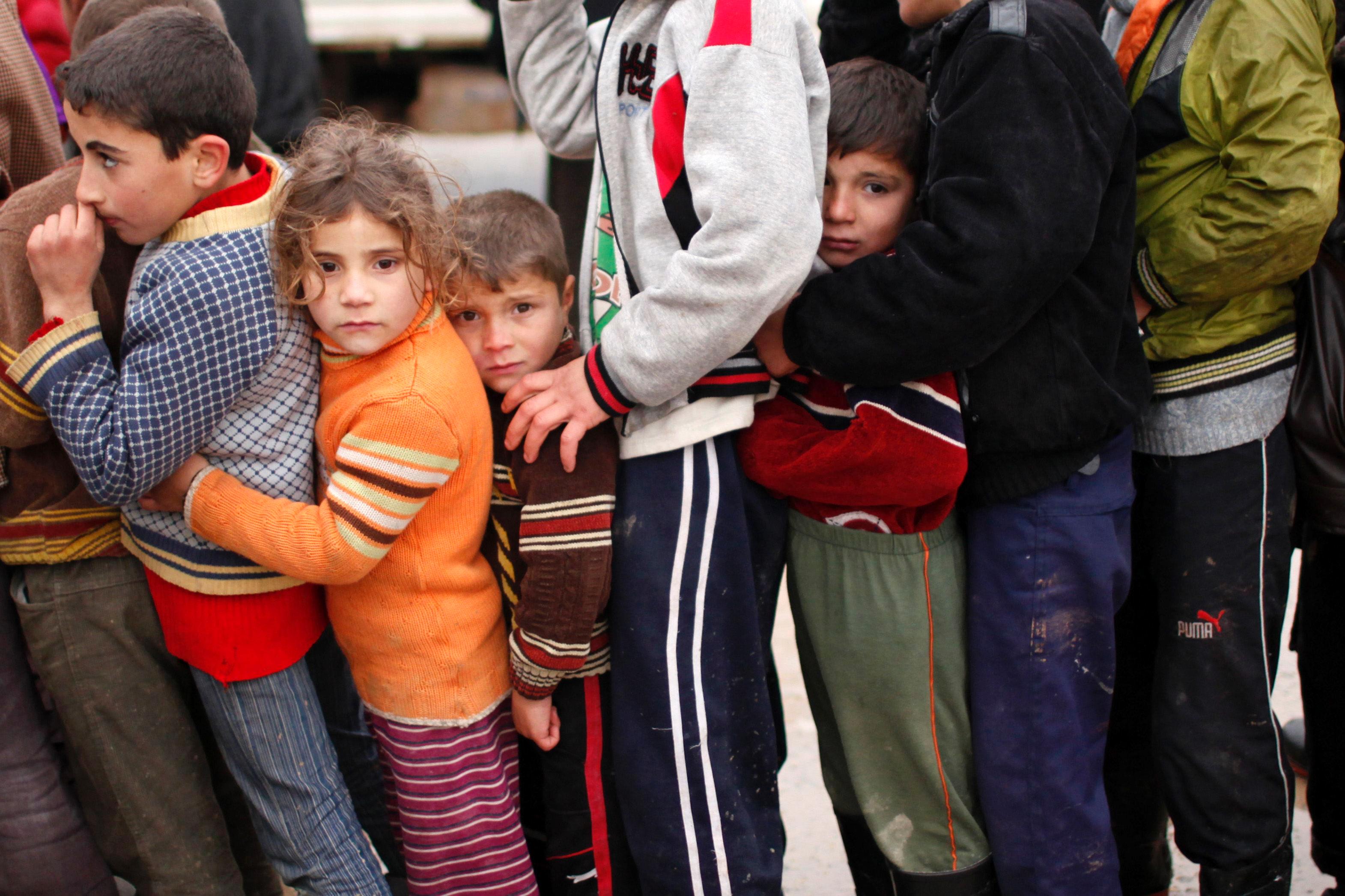Syrian Refugee Crisis - What You Need To Know!
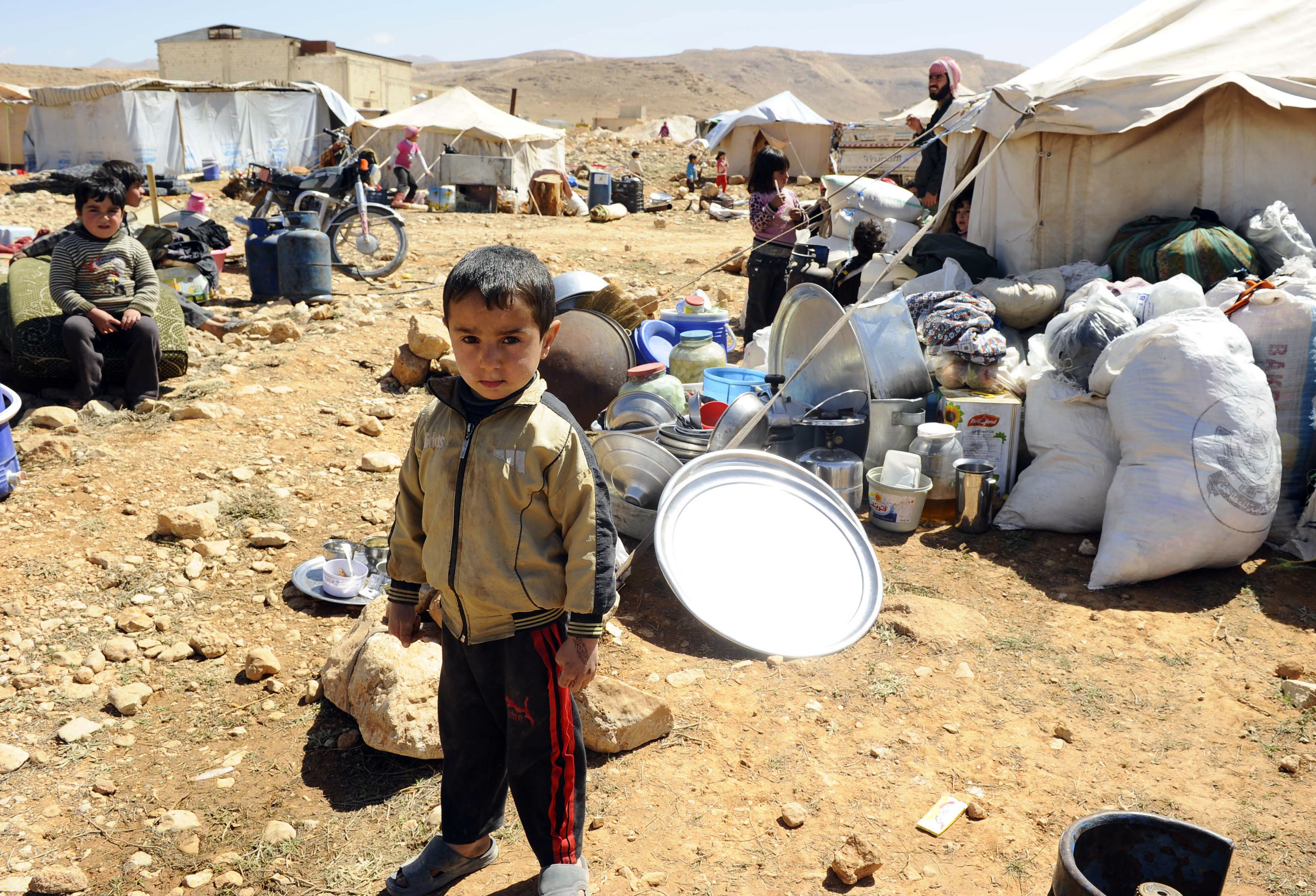
We’ve all seen the heartbreaking photograph of 3 year-old Aylan Kurdi, washed up on the beach but how much do you really know about the Syrian crisis?
With more than 11 million people officially displaced due to the civil unrest in the Middle East, we wanted to bring you the facts about Syria and dispel some of the hearsay and rumours.
What is happening in Syria that is causing people to flee?
Syria is currently experiencing a civil war. Syrians began to rise against the government as part of the Arab Spring in 2011, but after a swift and brutal oppression from the Assad government the once peaceful protests quickly turned violent. The Free Syrian Army was created by army defectors and supported by civilians, but the country has now turned into a battleground between different ethnicities within the Syrian population, the Assad regime and ISIS.
How many people are affected by the crisis and how many people are actually refugees?
According to the United National High Commission of Refugees…
- 220,000+ Syrian civilians have been killed since 2011
- Approximately 4 million Syrians are registered with UNHCR as refugees. A refugee is any person who has been forced to leave their country in order to escape war, persecution, or natural disaster.
- More than 7 million Syrians are internally displaced due to the civil unrest, meaning they do not have a permanent home. Displaced persons (IDPs) are those that have fled their homes but have not crossed an international frontier.
- With Syria’s neighbouring countries beginning to close their borders, an increasing number of refugees are attempting to reach Europe by boat.
- About 50% of those displaced are children.
What are other countries doing to support Syria?
Governments and civilians from around the world are rushing to support Syrian refugees during what is predicted to become the largest exodus from a single country since the Rwandan genocide.
International support for Syria includes…
- Germany will expect to resettle 800,000 Syrian refugees this year, with an aid package of $9.6 billion.
- Finland’s own Prime Minister Juha Sipila has offered his spare house for a refugee family and the country will increase its refugee intake up to 30,000 this year.
- France’s President Francois Hollande announced on Monday that the country would settle 24,000 migrants from other European union nations.
- Australia plans to permanently resettle 12,000 refugees from Syria and will donate $44 million to providing aid for refugees in Turkey, Lebanon and Jordan.
Why am I seeing refugees dressed well and using smart phones?
A common assumption is that all refugees are poor and underprivileged. This is not the case.
A refugee is defined as any person who has been forced to leave their country in order to escape war, persecution, or natural disaster. This could be anyone from a doctor through to a school teacher, a housewife, a retiree or a child.
While many of Syria’s refugees have found shelter in campsites across the border, many have also found shelter in urban settings within nearby countries. Most of these people have done this as they attempt to look for work and try and give their families the protection and care they desperately need.
It is important to remember that the people fleeing Syria are doing so because they fear for their lives, not because they are uneducated, homeless or unable to support themselves.
If people are already fleeing Syria, why do other countries such as Australia need to help?
- Many of the surrounding countries to Syria are starting to close their borders as they intake of refugees becomes too great for them to adequately handle.
- Minority groups are finding it hard to flee Syria without risking their lives.
- More than half of Syrian refugees are children, many of whom are no longer able to go to school. Missing out on an education will inevitably have consequences for Syria’s future.
Who are the minority groups being targeted in Syria?
The anti-government uprising in Syria is supported by members of the Sunni Muslim population, who comprise about 75% of the population. The other 25% of Syria’s population is split between Kurds, Christians, Alawites, Druze and Ismailis although the official Syrian censuses doesn't cover religion or ethnicity, making it difficult to gain an accurate break-down of society.
KURDS
Kurds make up the largest ethnic minority in Syria. The most concentrated Kurdish populations are in the north and north-eastern parts, particularly Hasaka province and the town of Qamishli on the Turkish border.
ALAWITES
Alawites, a branch of Shia Islam, make up the largest religious minority in Syria. President Bashar al-Assad is a member of the Alawite community.
CHRISTIANS
About 10% of the population is estimated to observe Christianity, with the Greek Orthodox and Greek Catholic Churches making up the largest denominations. Christians are spread throughout the country, with sizeable populations in Damascus, Homs and Latakia. Predominantly Christian villages, such as Saydanaya and Maalula, exist on the outskirts of Damascus, in addition to the coastal towns of Safita.
ISMAILIS
Ismailism is a branch of Shia Islam, and has around 15 million followers worldwide who recognise the Aga Khan as their spiritual leader. He visited Syria in 2008. The city of Salamia, near Hama, is largely populated by Ismailis.
DRUZE
There are around between 500,000 and 700,000 Druze in southern Syria. Druze follows a monotheistic religion drawn on Ismailism, the second largest branch of Shia Islam.
What can I do to help Syria?
There are many ways you can help Syria, including but not limited to…
- There are a number of aid agencies on the ground in Syria providing vital aid, protection and shelter. These include Save The Children, CARE, The Red Cross, UNHCR and Act For Peace. You can help support their work by clicking here.
- You can help refugees fleeing to Australia by supporting the work of the Asylum Seeker Resource Centre here in Australia. Click here to donate.
- Start your own fundraising page for Syria. Perhaps you might like to take part in a fun run, walk, physical challenge or bring together your family and friends to help support your appeal? You can choose to donate your money to a charity, a group of charities OR an individual on the ground in Syria. Start your page today by clicking here.
- Share this blog on your social media accounts.
- Lobby governments to do more to help Syria. You can find a number of online petitions on change.org and gopetition.com
